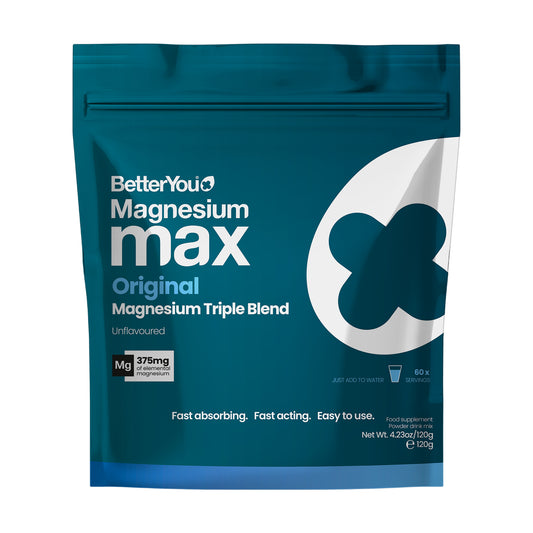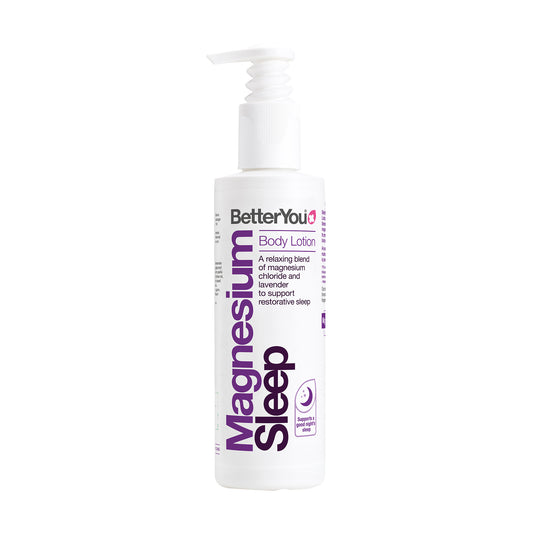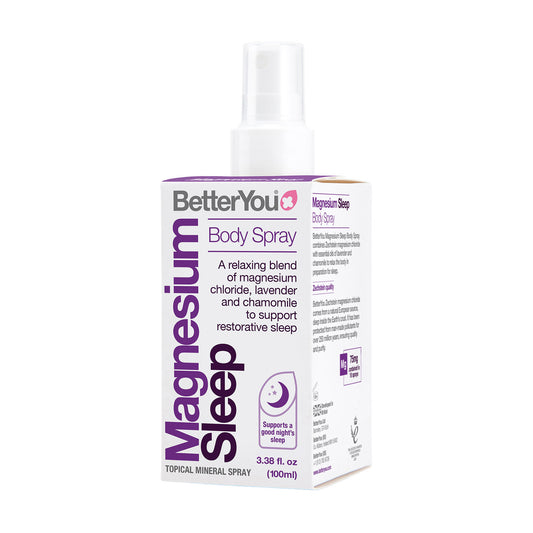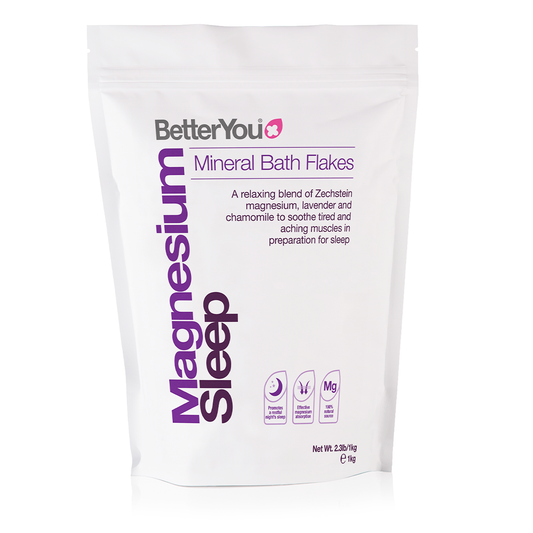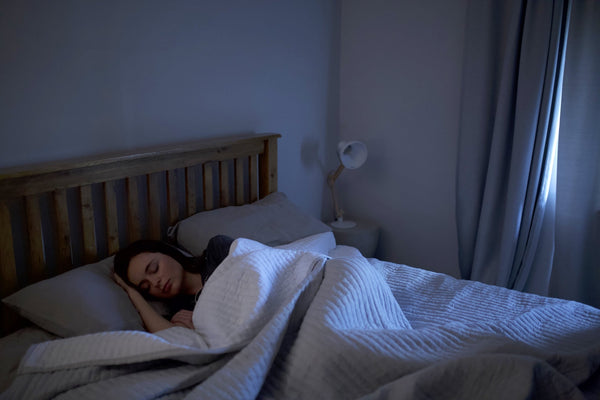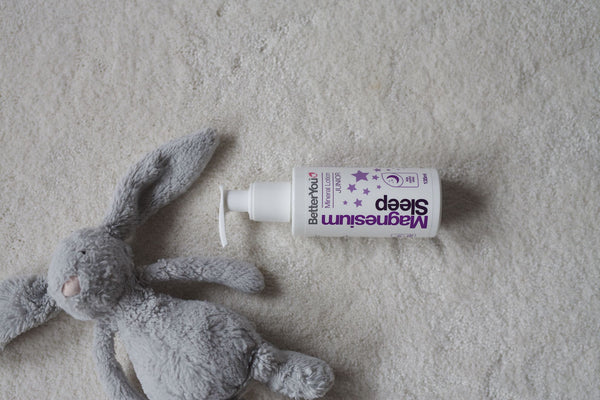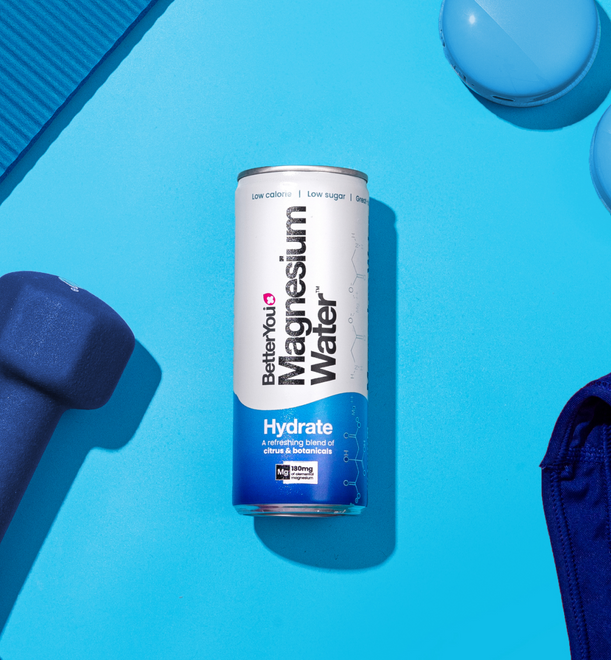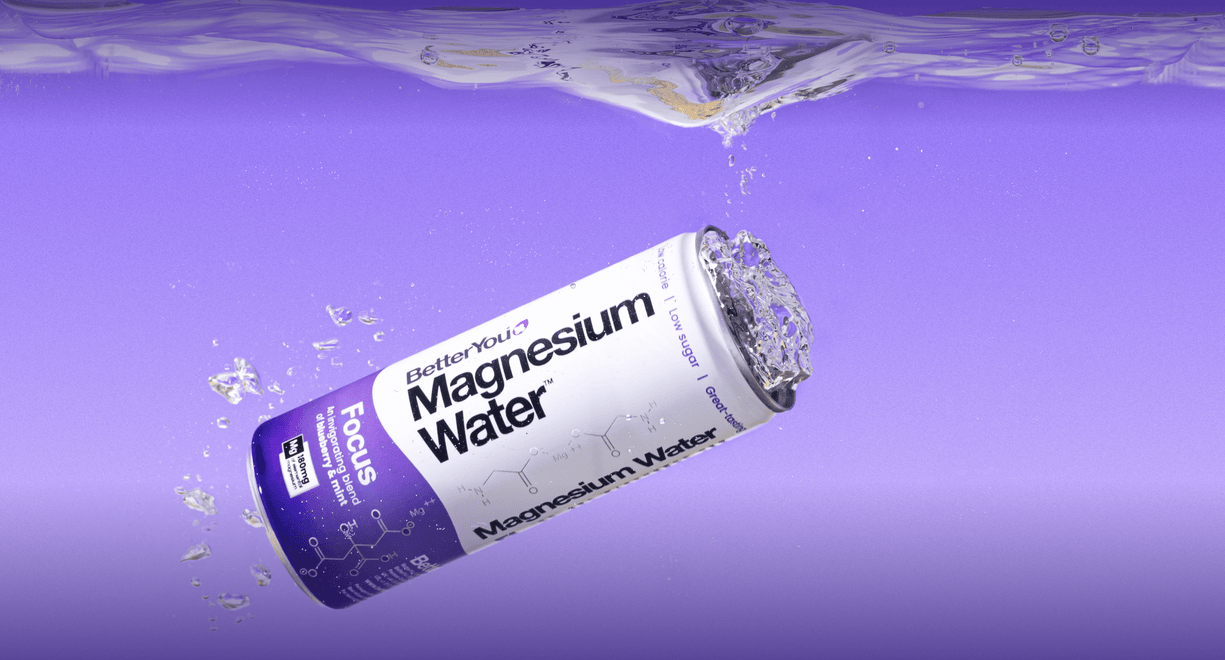Nutrition and sleep go hand in hand, but many of us don't know this. What we put into our bodies can greatly impact on how we function daily. Here are some of my top tips as to what to include and exclude as part of a nutritional diet to help you sleep well.
Nutritious Foods for Better Sleep
Kiwi fruit is rich in vitamin A, C, E, K, potassium and is rich is antioxidants. A small study by Lin et al (2011), demonstrated that by consuming two kiwi fruits an hour before bedtime improved their sleep quality and duration in participants with pre-existing sleep problems. It is thought that the high antioxidant properties may aid sleep. This is a promising small study and would be great to see further research in this field.
Tart cherry juice has also been associated with improving sleep patterns. Tart cherry juice is a natural source of melatonin which is a hormone that regulates the wake-sleep cycle. A small study by Liu et al (2014) investigated the effect of tart cherry juice on sleep patterns. This showed that they were significant increases in total time in bed, total sleep time and sleep efficiency. So, drinking a glass of cherry juice in the morning or evening may improve sleep.
Tryptophan is an amino acid which aids in the production of Melatonin, the sleep inducing hormone. Try adding foods rich in Tryptophan to your diet, these include turkey, chicken, cheese, eggs, wild caught salmon and seeds.
Magnesium is a natural relaxant which may aid your sleep (Abbasi et al, 2012). Magnesium is commonly found in foods such as, nuts, green leafy vegetables. Sometimes it’s hard to include magnesium in our diets, so I recommend using a supplement such as the BetterYou’s transdermal magnesium range, which when applied to the skin can help you relax and achieve a better night’s sleep. Here are some of my favourites:
Avoid These Foods for Better Sleep
Coffee/Tea - Avoid caffeine, especially coffee in the evenings. Caffeine is a stimulant and can cause you to stay awake. A study by Burke et al (2015) showed that a double espresso before bedtime delayed the production of melatonin. I would recommend that you don’t drink any coffee in the afternoon or evening and stick to other non-caffeine based alternatives instead, like camomile or peppermint tea.
Alcohol - Avoid drinking alcohol late at night or just before you go to bed. It may help you send you to sleep but it can disturb your sleep pattern as in the second half of the night (Ebrahim et al, 2013). Therefore, you are more likely to feel tired in the morning.

